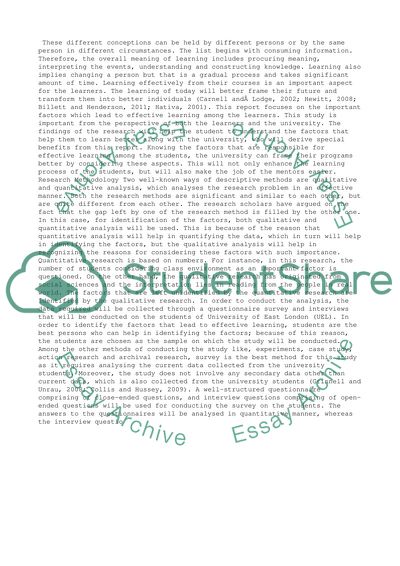Cite this document
(“What factors are important to UEL undergraduates to help them to learn Essay”, n.d.)
What factors are important to UEL undergraduates to help them to learn Essay. Retrieved from https://studentshare.org/business/1496838-what-factors-are-important-to-uel-undergraduates
What factors are important to UEL undergraduates to help them to learn Essay. Retrieved from https://studentshare.org/business/1496838-what-factors-are-important-to-uel-undergraduates
(What Factors Are Important to UEL Undergraduates to Help Them to Learn Essay)
What Factors Are Important to UEL Undergraduates to Help Them to Learn Essay. https://studentshare.org/business/1496838-what-factors-are-important-to-uel-undergraduates.
What Factors Are Important to UEL Undergraduates to Help Them to Learn Essay. https://studentshare.org/business/1496838-what-factors-are-important-to-uel-undergraduates.
“What Factors Are Important to UEL Undergraduates to Help Them to Learn Essay”, n.d. https://studentshare.org/business/1496838-what-factors-are-important-to-uel-undergraduates.


